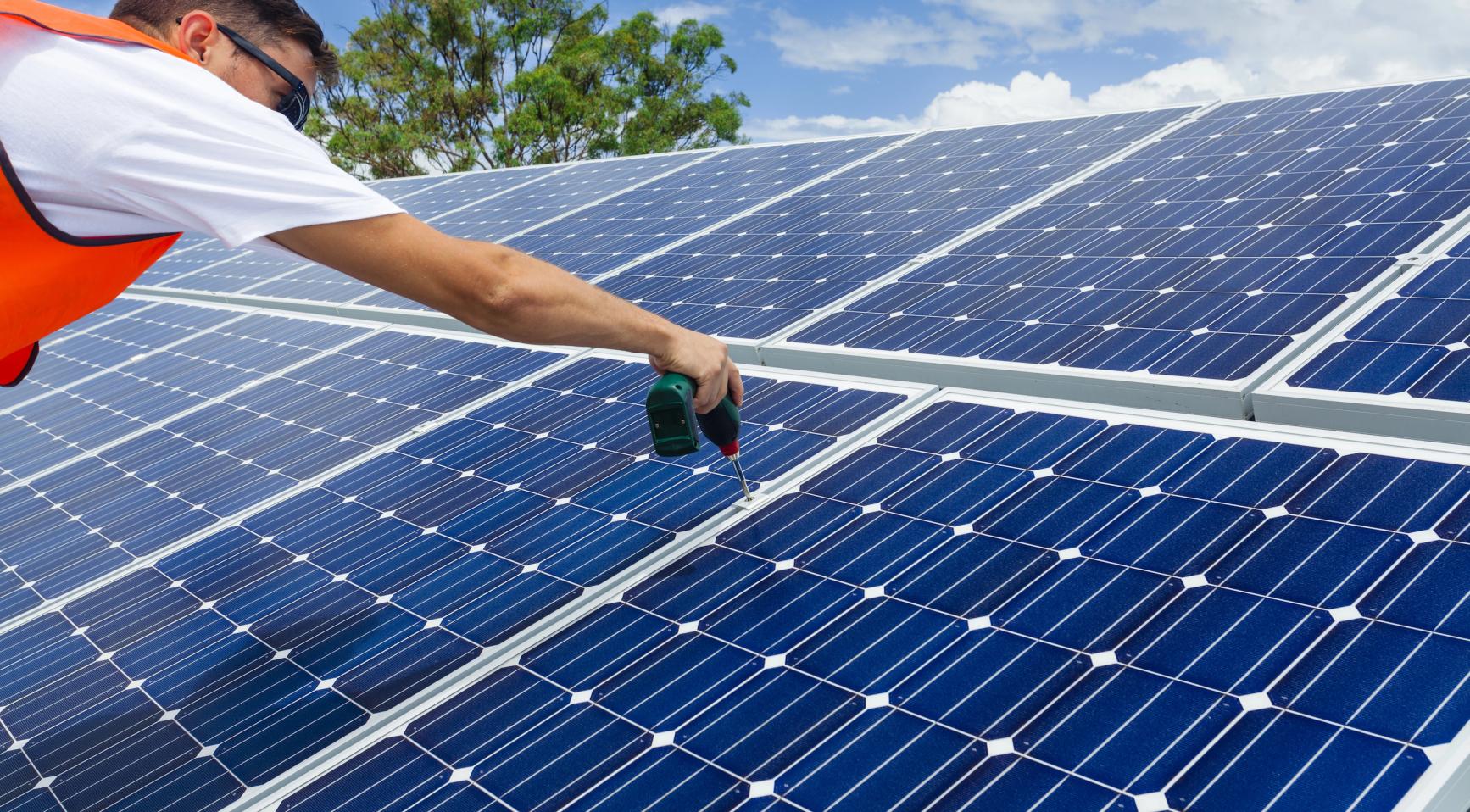Nearly 64 percent of companies in the Netherlands plan to invest in climate-neutral operations in 2025, a drop from 68 percent the previous year. This decline affects nearly every sector, according to figures released by Statistics Netherlands (CBS).
The data is based on the business survey conducted among companies with at least five employees in industry, automotive and retail trade, and services. Between 2019 and 2023, climate-related investments nearly doubled. Even so, the proportion of firms indicating plans to invest in sustainability in early 2025 was lower than a year earlier.
Across sectors, the decrease is reportedly evident. In February 2025, 79.9 percent of companies in real estate rental and trade reported planned sustainability investments, compared to 79.5 percent in 2024. Transport and storage businesses fell to 77.8 percent from 81.7 percent. The industry sector declined to 70 percent from 74.8 percent. In retail trade excluding cars, the figure dropped to 69.5 percent from 76.1 percent.
Other sectors reported notable declines as well. In culture, sports and recreation, 68.7 percent of companies planned investments, compared to 77.7 percent a year earlier. Automotive trade and repair dropped to 67.1 percent from 73.5 percent. Business services fell to 55.8 percent from 59.1 percent. The information and communication sector reported the lowest proportion, with only 50.5 percent planning investments, down from 54.9 percent.
Small and medium-sized enterprises are pulling back the most. Companies with 5 to 50 employees and those with 50 to 250 employees were less likely to plan sustainability investments this year compared to 2024. By contrast, large companies with more than 250 employees continued to invest most frequently.
Investment expectations across all sectors also declined. As of June 2025, more companies expected their climate spending to increase rather than decrease, but the balance was only 6 percent—down sharply from 13 percent the previous year.
Detail trade excluding cars saw the steepest decline in expectations, with a balance of 0.9 percent compared to 28.7 percent in 2024. Real estate rental and trade dropped from 24.2 percent to 6 percent. In automotive trade and repair, expectations turned negative, falling to minus 2.4 percent from 4.7 percent. The hospitality sector also reported a negative balance of minus 6.1 percent, compared to minus 1.7 percent in 2024. Other services declined further to minus 7 percent from minus 0.4 percent.
Transport and storage remained among the most optimistic sectors, with an expected balance of 18.7 percent, though that was slightly lower than the previous 19.3 percent. Industry reported a positive balance of 9.4 percent, down from 13.3 percent. Business services fell to 8.1 percent from 11.4 percent.
Two-thirds of companies reported barriers to achieving climate neutrality in June 2025. Large companies cited obstacles slightly more often than small and medium-sized enterprises.
Of the firms experiencing barriers, over half said financial constraints were the main issue. This includes the high cost of sustainable alternatives and limited access to financing. Economic or policy uncertainty was the second most common obstacle, affecting 31 percent of these companies. Smaller firms reported this concern more often than larger ones.
Large companies more frequently cited the lack of sustainable alternatives as their main barrier. Limitations in the energy network and shortages of skilled workers were less often considered the main problem, with 18 percent and 13 percent of companies citing these issues, respectively.
